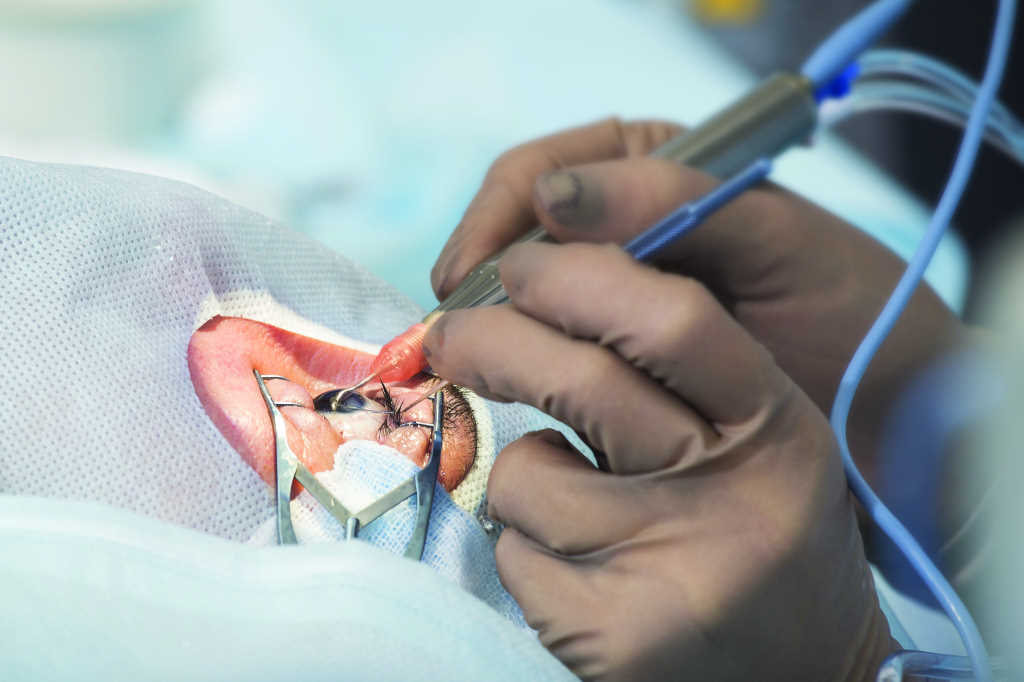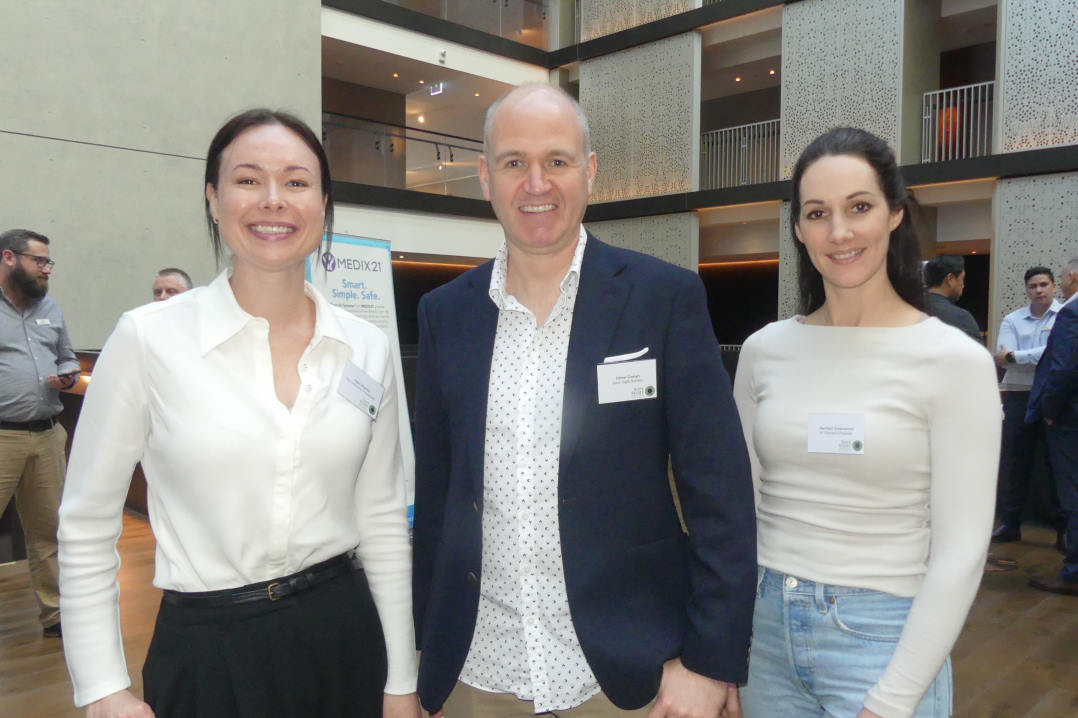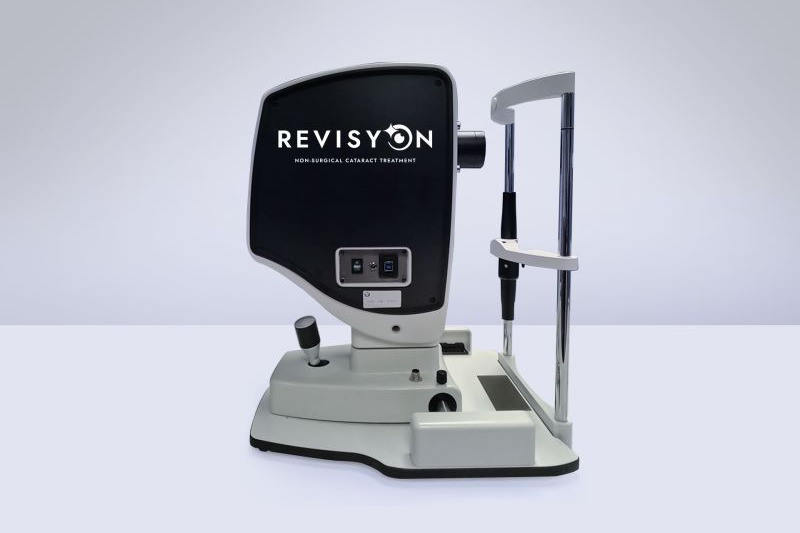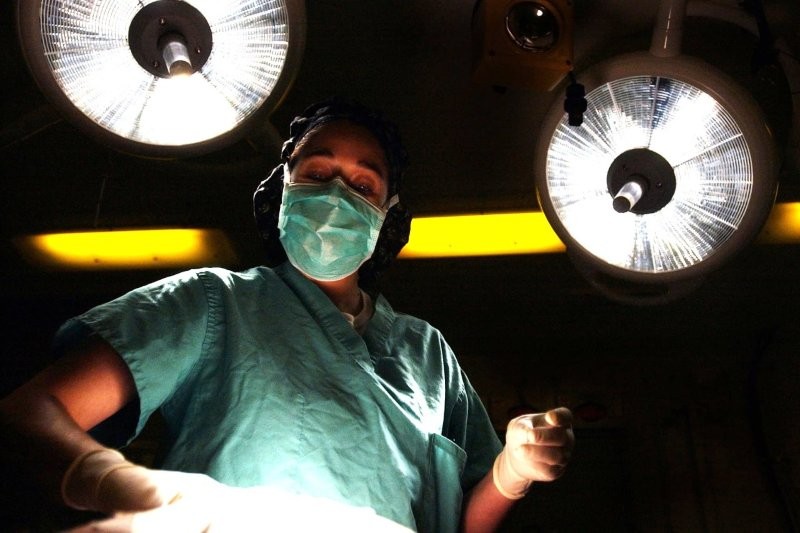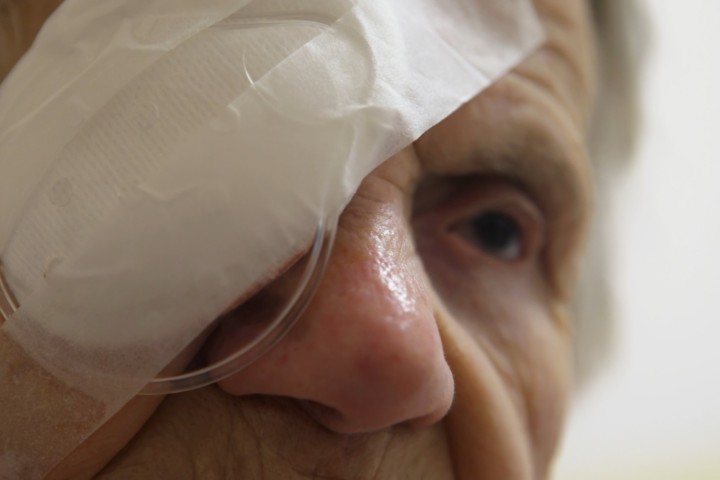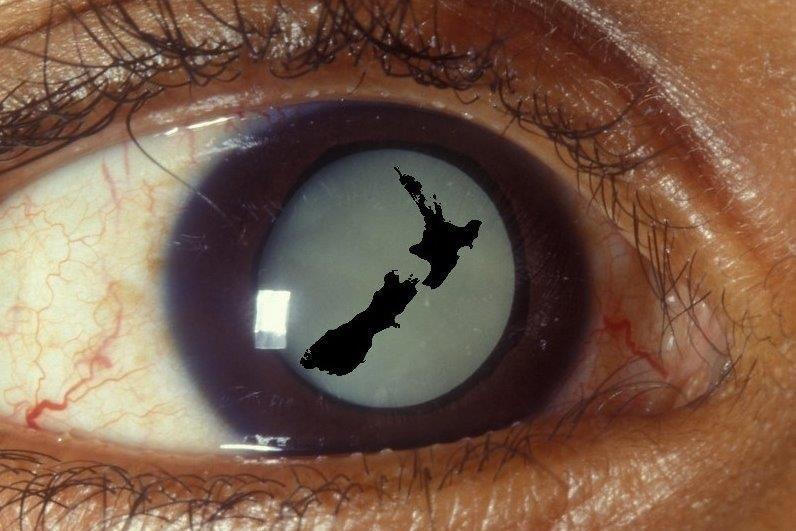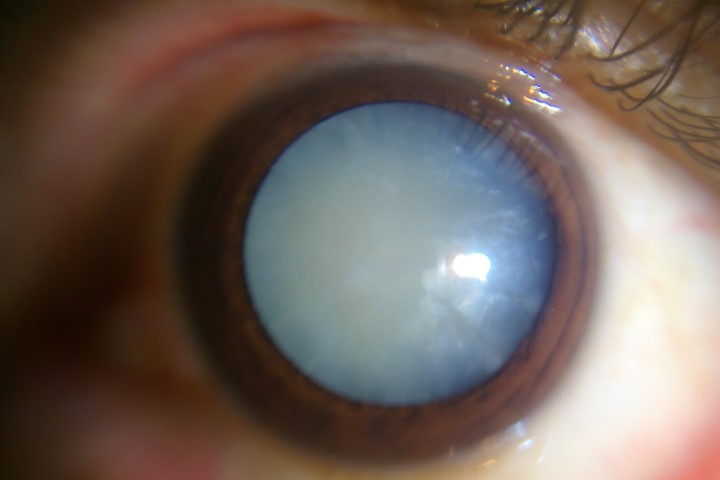ISBCS: the UK’s new normal?
The first fully, immediately sequential, bilateral-cataract surgery (ISBCS) theatre list in the UK was completed at the start of November at the Nightingale Hospital in Exeter by Dr Harry Roberts.
Announcing the feat via LinkedIn, Dr Roberts also shared recent studies demonstrating ISBCS’ lower costs, patient preference and its safety profile. This included one study from Maastricht University in the Netherlands, which showed non-inferiority of ISBCS versus delayed sequential bilateral cataract surgery (DSBCS) in terms of effectiveness outcomes, comparable safety and ISBCS’ superior cost-effectiveness. “National cost savings could amount to €27·4 million (NZ$44.8 million) annually (with ISBCS) if strict inclusion criteria are applied,” authors concluded. Meanwhile the authors of a UK study (Naderi K et al) found ISBCS could increase surgical efficiency, having found, on average, two consecutive unilateral cataract surgery operations took 13.3% longer than a single ISBCS case. Another study, led by London’s International Centre for Eye Health (Malcom J et al, 2022), also indicated significantly more NHS patients would be willing to undergo ISBCS if given the choice. However, “The reluctance of surgeons to recommend ISBCS and patient misunderstandings regarding the recovery period may be limiting its uptake,” they said.
This reluctance aligned with some comments posted on Dr Roberts’ announcement, including South Australia’s Associate Professor Michael Goggin who cited Bjerager J et al’s 2023 paper on an outbreak of bilateral endophthalmitis after immediate sequential bilateral cataract surgery, owing to a suspected systemic breach of sterility at a Danish clinic. Given this outcome’s extreme rarity, however, deciding whether to do ISBCS or not is almost a philosophical decision, said Prof Goggin. “My feeling is we perhaps need to alter the way we watch ISBCS patients post-operatively.”
Dr Roberts said in his opinion, the high-volume cataract hub at the Nightingale Hospital, is the way forward in the UK and will make a significant impact on NHS waiting lists.









